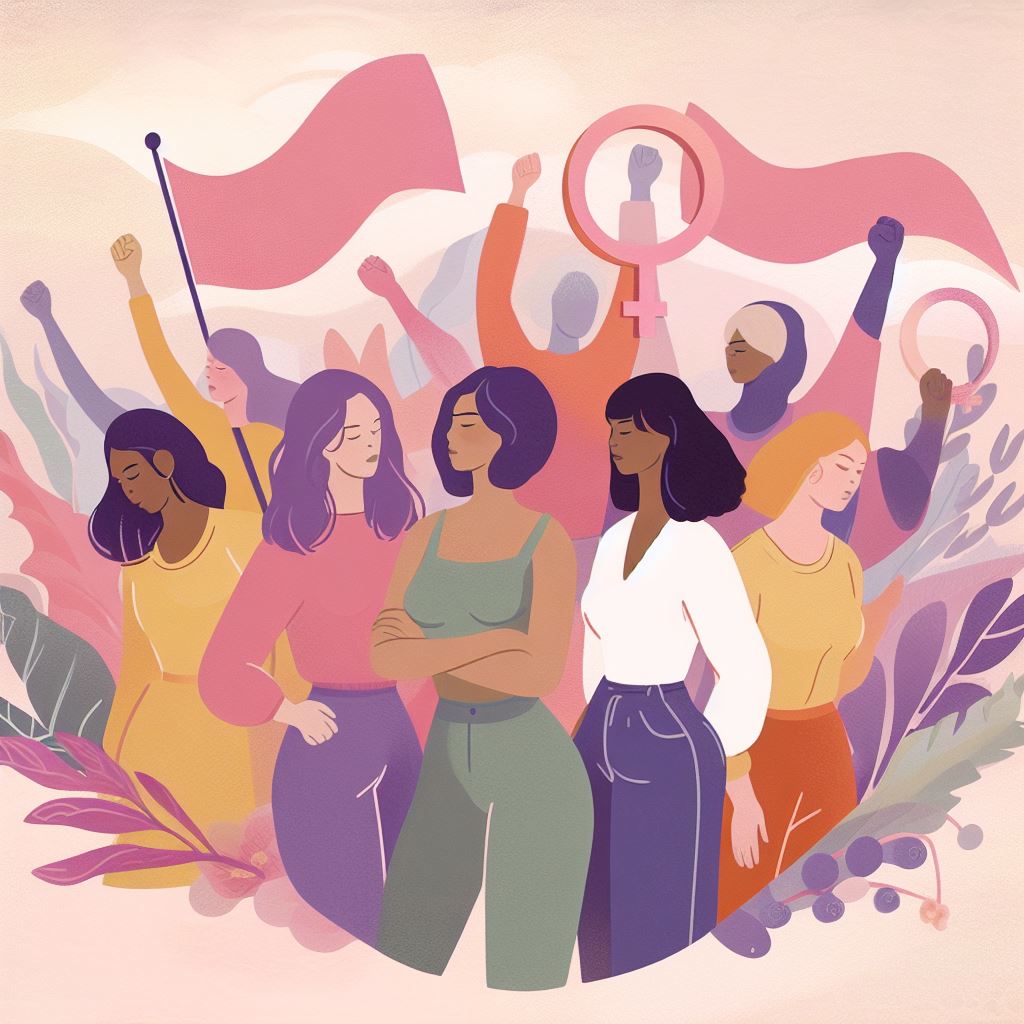The situation of women in Oceania in the 21st century
Oceania is a region that encompasses the islands of the Pacific Ocean, including Australia, New Zealand, Papua New Guinea and many other smaller nations and territories. The region is characterized by its cultural, linguistic, ethnic and ecological diversity, as well as by its colonial history and its contemporary challenges. The situation of women in Oceania is therefore complex and varied, reflecting the different realities and experiences of women across the region. However, some common themes and issues can be identified, especially in relation to the implementation of the Beijing Platform for Action, which was adopted at the Fourth World Conference on Women in 1995 and reaffirmed the importance of women’s rights and empowerment for sustainable development.

One of the main achievements of the Beijing Platform for Action was to recognize the critical areas of concern for women’s advancement in various fields, such as poverty, education, health, violence, economy, decision-making, human rights and environment. In Oceania, significant progress has been made in some of these areas over the past 25 years. For example, the literacy rate for women has increased from 77% in 1995 to 87% in 2015. The maternal mortality ratio has declined from 230 deaths per 100,000 live births in 1995 to 120 in 2015. The proportion of women in national parliaments has risen from 7% in 1995 to 16% in 2020.
However, these regional averages hide significant disparities and gaps within and between countries. Some countries, such as Australia and New Zealand, have achieved high levels of gender equality indicators, comparable to those of developed countries. Others, such as Papua New Guinea, Solomon Islands and Kiribati, still face major challenges in reducing poverty, improving education, ensuring health care, preventing violence and enhancing participation of women. Moreover, within countries, there are inequalities based on income, education, ethnicity, location and other factors that affect women’s access to opportunities and resources. For instance, in Australia, the gender pay gap is 14%, but it is higher for Indigenous women (21%) and women from culturally and linguistically diverse backgrounds (20%). In Papua New Guinea, only 13% of women have access to electricity, compared to 24% of men.
Another key aspect of the Beijing Platform for Action was to promote gender mainstreaming as a strategy to integrate a gender perspective into all policies and programmes at all levels and stages. In Oceania, there have been efforts to adopt gender mainstreaming approaches in various sectors and institutions. For example, the Pacific Community (SPC) has developed a Gender Equality Policy that guides its work on gender equality and social inclusion across its thematic areas. The Pacific Islands Forum (PIF) has established a Pacific Leaders Gender Equality Declaration that commits its members to implement measures to advance gender equality in political representation, economic empowerment, ending violence against women and girls, health and education.
However, these efforts have faced challenges in terms of implementation and monitoring. There is a lack of political will, technical capacity and financial resources to effectively mainstream gender into policies and programmes. There is also a lack of sex-disaggregated data and gender-sensitive indicators to measure the impact and outcomes of gender mainstreaming initiatives. There is also a lack of coordination and collaboration among different stakeholders involved in gender equality work.
The COVID-19 pandemic has exacerbated many of these existing gender inequalities and posed new challenges for women’s rights and empowerment. Women have been more affected by the health, economic and social impacts of the crisis than men. Women have been at the frontlines of the pandemic response as health workers, caregivers and essential workers. Women have also been more exposed to the risks of infection, loss of income, poverty and food insecurity. Women have faced increased burdens of domestic work and care responsibilities due to school closures and lockdown measures. Women have experienced a surge of gender-based violence (GBV), especially domestic violence.
In this context, it is imperative to reaffirm the commitments made at the Beijing Platform for Action and to accelerate actions to achieve them. In March 2020, governments, civil society organizations, UN agencies and other stakeholders gathered at the Generation Equality Forum to celebrate the achievements of the past 25 years and to launch a new agenda for gender equality for the next decade. The forum resulted in six action coalitions that focus on key areas for transformative change: GBV; economic justice; bodily autonomy; feminist action; climate justice; technology.
In addition, it is crucial to integrate a gender perspective and a human rights approach into the COVID-19 recovery plans and strategies. This means ensuring that women’s voices and needs are heard and addressed in the design, implementation and evaluation of the policies and programmes to respond to the pandemic and its aftermath. It also means investing in women’s health, education, employment, social protection and leadership as key drivers of resilience and recovery. It also means preventing and combating GBV and supporting the survivors with adequate services and justice. It also means collecting and using sex-disaggregated data and gender-sensitive indicators to monitor the impact of the pandemic and the effectiveness of the interventions.
The situation of women in Oceania in the 21st century is a mixed picture of progress and challenges, of opportunities and threats, of achievements and gaps. The Beijing Platform for Action provides a visionary framework and a roadmap to guide the actions of all stakeholders to improve the lives of women and girls in the region and beyond. The COVID-19 pandemic poses a serious threat to the realization of the Beijing agenda, but also offers a chance to build back better with gender equality and women’s empowerment at the core. The time to act is now.
Anabasis Project
To know more about this subject:
UNFPA: Trends in Maternal Mortality

